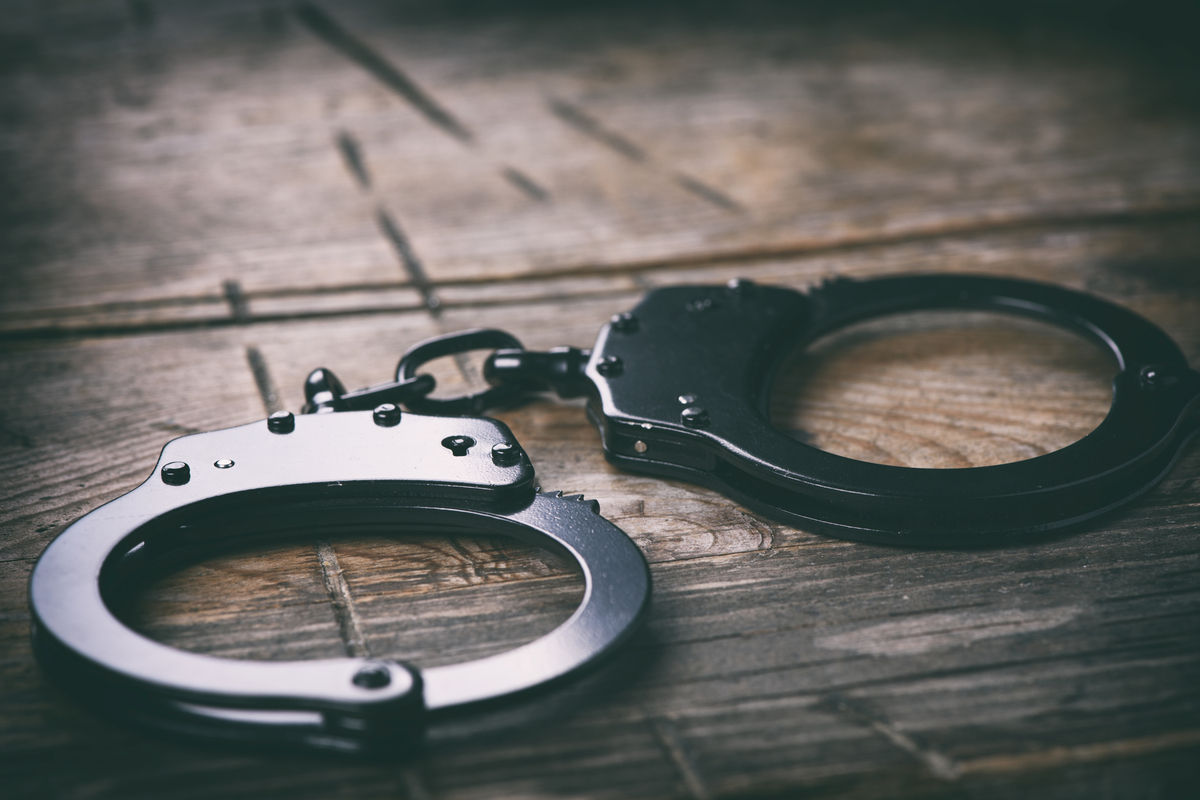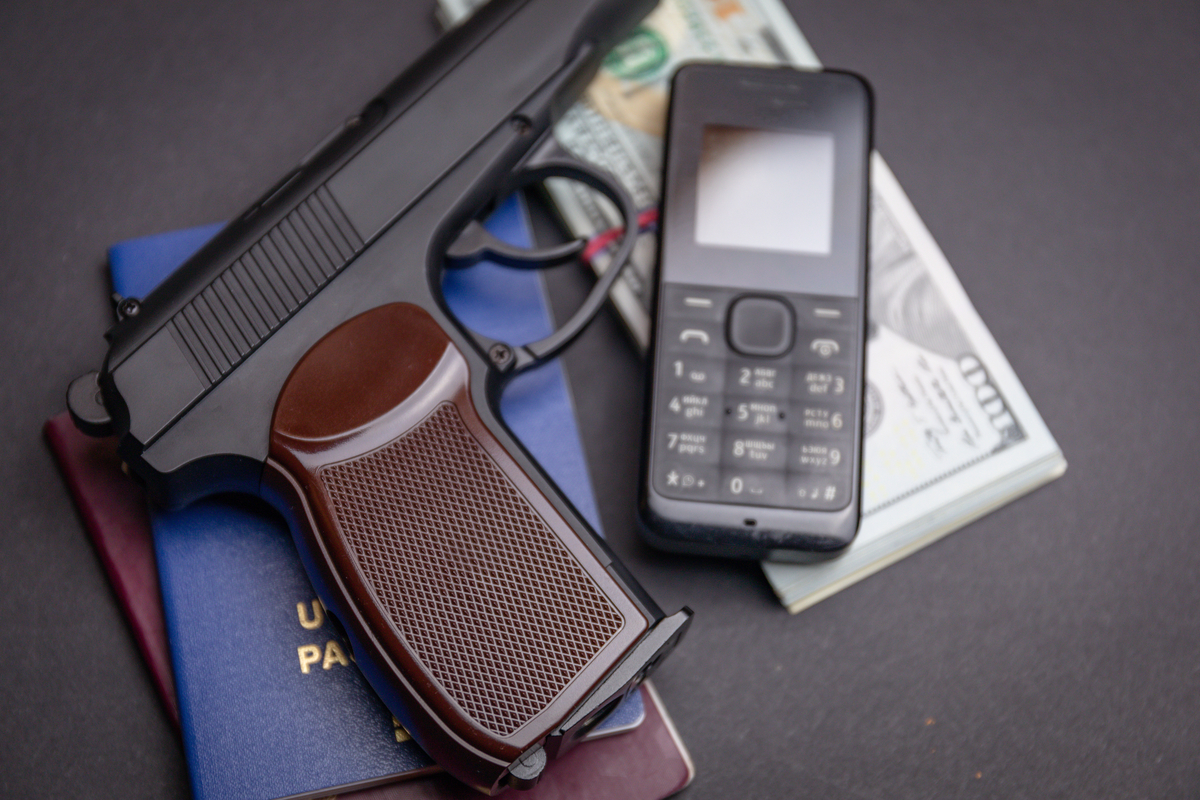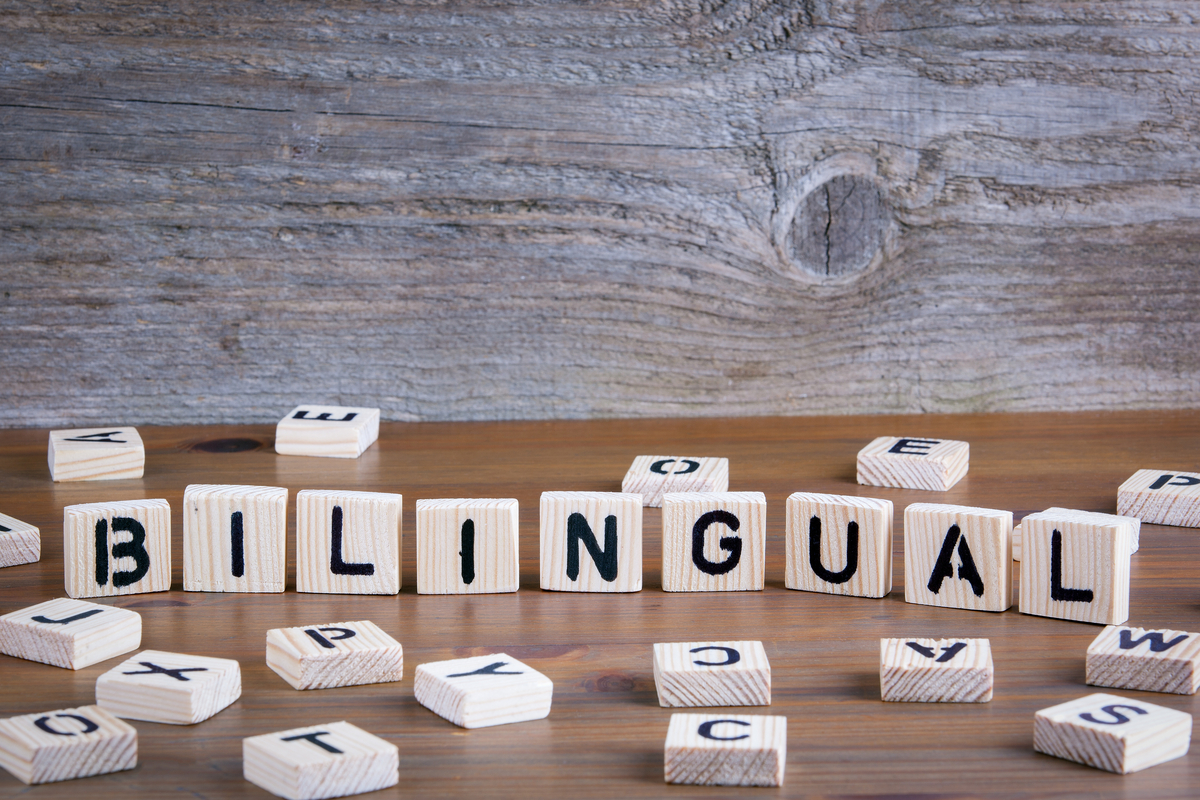If you or a family member is facing serious criminal charges, you should have a skilled and knowledgeable criminal defense attorney on your side, fighting on your behalf. However, before you pick just any attorney to take on your case, you need to understand that hiring a criminal defense law firm is one of the most important decisions you can make. That is why, in this blog post, we will discuss some of the more critical factors you need to consider in your search for the right counsel.
Find a Criminal Defense Lawyer with Experience
One of the first things you want to discuss with the lawyer is the years of experience they have successfully helping people face criminal charges and defending clients facing the specific criminal charges you are dealing with. This is important because you want to retain a law firm that not only has experience handling criminal cases in general but a law firm that is familiar with the type of criminal charges you are facing so that they already know how your kind of case is likely to be handled.
Research their Reputation
It is also critical to research the attorney’s reputation. In some instances, lawyers are known to take on high-profile, challenging, and complicated cases. While others take on less complex issues and claim that they rarely lose. For these reasons, it is a good idea to learn more about the lawyer’s reputation by researching testimonials, publications, and reviews to better understand what clients thought of the attorney, the type of cases they handle, and how they are known for handling each case.
Figure Out if You Are Hiring Just One Attorney or a Team
Before hiring a law firm, you will want to know if they employ multiple experienced criminal defense attorneys and whether they all will collaborate on your case. Criminal defense matters can often get quite complicated. When you hire a law firm with multiple lawyers who have criminal defense experience, it can allow the lawyers to work together to plan your defense and prioritize your case.
Verify How They Will Communicate with You
Communication is key in criminal defense cases. Going through the criminal process is already stressful. You want to make sure to find an attorney that will be there for you when you have a question or need to discuss an issue. That is why you want to retain a law firm that makes it easy for you to reach them.
When talking about your case with a potential criminal defense lawyer, consider asking about the following:
- Their business hours.
- Do they have a lawyer you can call if you have an emergency?
- Is there an individual (whether attorney or paralegal) that you can reach out to for updates on your case?
Consider Your First Impression
Sometimes no matter how many reviews you read, your first impression will be vital in determining whether the attorney is a right fit for you. You will want to consider particular factors such as:
- Was it easy to get a hold of the attorney when you called them the first time?
- Did you get the answers to your questions over the phone, or did the office ask you to leave a message?
- Did the lawyer return calls promptly, or did you have to wait a long time before hearing from them?
You want a law firm that understands what you are going through and will be there when you call for help. For these reasons, it is important to consider your lawyer’s responsiveness, as it can be a good indication of how their communication may be during your case.
Do Not Expect a Guarantee From Them
Facing a criminal charge is stressful and overwhelming. Unfortunately, some firms may try to take advantage of this fear and your vulnerable state by guaranteeing you a specific result. However, no matter how much you may want to believe this lawyer when you hear a guarantee, it should be a red flag for you.
No lawyer can guarantee a certain outcome, and making such promises is against the State Bar rules. Each case is unique, and the results will depend on many individual factors that will unfold as the case progresses. That is why if a criminal attorney promises you a specific outcome, it is time to find another law firm that you can trust.
Compare Costs and Get Everything in Writing
Since the cost of private defense varies, it is crucial to understand what factors will affect the cost of your legal representation. Usually, criminal defense firms will charge based on a number of factors, including:
- The attorney’s reputation
- The seriousness of the charges
- The complexity of the legal case
- The attorney’s experience
- Whether the case is likely to go to trial
- Whether expert witnesses are required
Make sure you discuss all of these factors, have the lawyers explain how their fees work, and ensure that the law firm provides you with a signed written contract before hiring them.
Additionally, before entering into a professional relationship with the firm, feel free to discuss a fee schedule and payment plan, so you have a better understanding of the terms of your contractual relationship.
Contact An Experienced New Orleans Drug Defense Attorney Today For More Information
Hiring a criminal defense attorney is one of the most critical decisions you can make. Remember, your freedom is on the line, so you want to make sure you are in capable hands. At Stephenson, Chavarri & Dawson, L.L.C., our senior partner has practiced law for over 33 years, and our partners have at least 18 years of legal experience. We have helped countless clients in their time of legal need, and we are ready to help you. Do not wait any longer. Contact Stephenson, Chavarri & Dawson, L.L.C. online, or call our office at 504-523-6496 about your case, and let our attorneys show you how we can help.







